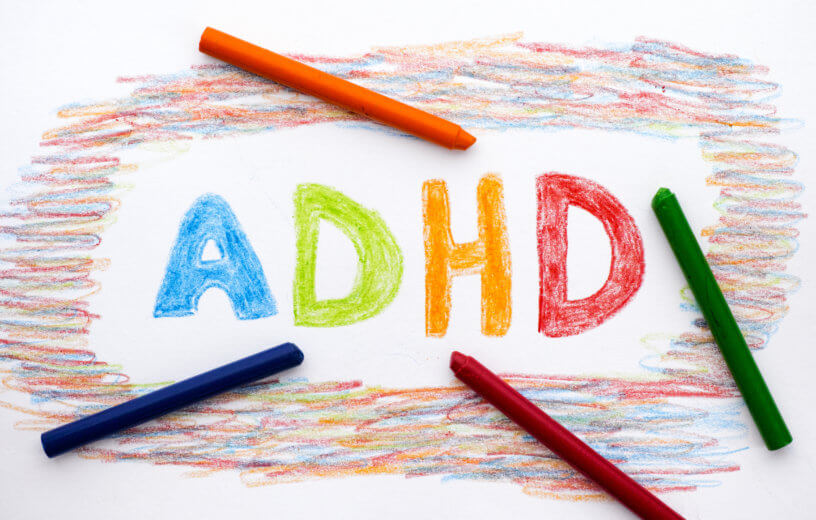PHILADELPHIA, Pa. — A new study finds giving hyperactive children ADHD drugs can prevent them from taking their own lives. Researchers from the Children’s Hospital of Philadelphia say the findings come as childhood suicide rates are on the rise.
Specifically, study authors discovered that the chances of children with significant behavioral disorders committing suicide can be reduced by giving them common medications for attention deficit hyperactivity disorder (ADHD).
Suicide is now the second leading cause of death for people between the ages of 10 and 24. However, these rates are still relatively low among preadolescent children. This makes it difficult to identify what could cause or prevent teenagers from taking their lives further down the line.
“Early diagnosis and treatment of behavioral symptoms with ADHD medication, particularly among children with severe externalizing symptoms, may serve not only to improve learning and behavior problems, but also to decrease suicidality risk,” says study author Dr. Ran Barzilay in a media release.
Ethical barriers to working with suicidal children in research programs has also made coming up with solutions challenging.
“In an ideal world, we want to test a medication effect on suicidality with a randomized prospective trial,” Dr. Barzilay adds. “But given the challenges of conducting such studies, we are obligated as a society and as scientists to generate clinical insights using data collected in large-scale observational studies of children.”
ADHD drugs show long-term health benefits
To overcome this, researchers used data from the Adolescent Brain Cognitive Development (ABCD), one of the largest long-term studies on brain development and health. The team analyzed information on the mental, social, and emotional health of 11,878 children between the ages of nine and 10.
Results show 8.5 percent of children were taking ADHD medications, such as methylphenidate, Adderall, or clonidine. Meanwhile, 8.8 percent reported having past or current suicidal thoughts.
Children who displayed external behavioral disorders such as hyperactivity, oppositional defiance, and treated with ADHD medication, were less likely to have suicidal thoughts or commit self-harm.
Data collected from participants a year later allowed the researchers to determine whether this “protection” endured. Again, those with behavioral problems taking ADHD drugs were still less likely to consider self-harm in comparison to those not taking medications a year earlier.
“Given the connection between childhood suicidality and poor adult mental health, these findings emphasize the importance of better and more thorough screening of school-aged children for externalizing behavioral symptoms,” Barzilay concludes. “These symptoms are treatable, and addressing them early has the strong potential to prevent and mitigate serious mental health issues later in life.”
The findings appear in the journal JAMA Network Open.
SWNS writer Tom Campbell contributed to this report.
